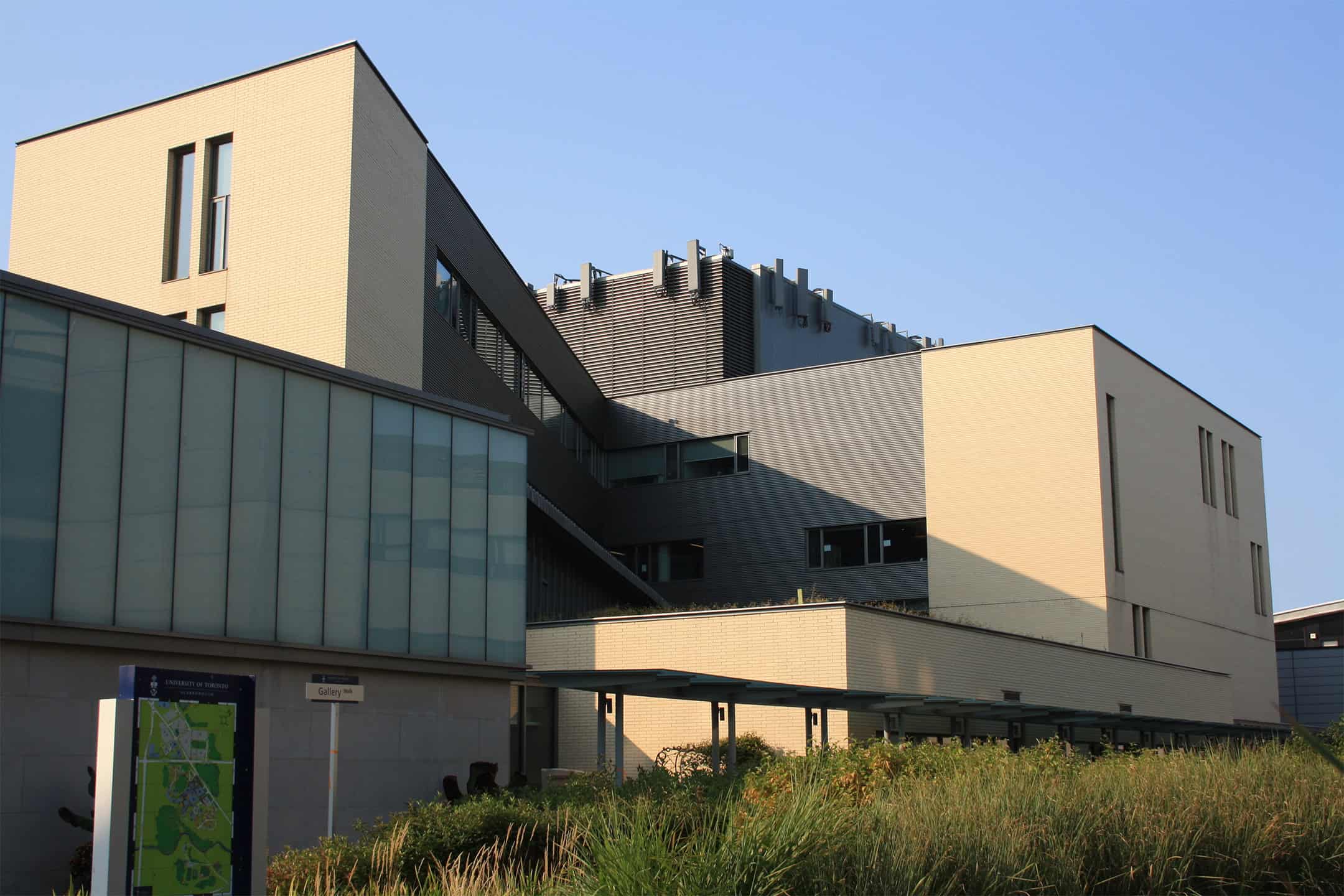On September 12, the UTSC Academic Affairs Committee (AAC) held its first meeting of the academic year to discuss academic policies, teaching and learning, and research initiatives.
During the meeting, members of the AAC focused on new centres on campus, research opportunities for faculty, and student experience initiatives.
Research opportunities
Alison Mountz, professor of human geography and interim vice-principal, research & innovation, began the meeting by presenting updates from the Office of the Vice Principal of Research & Innovation.
She highlighted the launch of the Sam Ibrahim Centre for Inclusive Excellence in Entrepreneurship, Innovation & Leadership, which will provide entrepreneurship resources and services to the UTSC student community and is set to open in January at the Sam Ibrahim building.
She also highlighted the results of the Clusters of Scholarly Prominence Program competition, announced over the summer. This program offers internal research funding for UTSC faculty where clusters of five to 10 faculty members from different disciplines collaborate on an interdisciplinary project.
The selected projects are being led by Mary Elizabeth Luka and Rafael Grohmann in arts, culture and media; Nicholas Spence and Leonard Tsuji in sociology and health and society; and Bebhinn Treanor and Satyaki Rajavasireddy in biological sciences.
Student experience
Following Professor Mountz’ report, physical and environmental sciences graduate student and a member of the committee, Emmanuel Taiwo, raised a question about improving “student experience” and access to resources for UTSC students compared to those at the St. George campus.
“I’ve heard a lot in the respective statements about improving student experience, and over the last year of my being here as a student, I’ve seen a bit of what you might call marginalization of students on this campus compared to counterparts at the St. George campus in terms of access to resources and student experience initiatives,” Taiwo said.
Mountz responded by saying that the committee has been having conversations about how to increase experiential learning opportunities. Specifically, she talked about how co-op students can become more involved in faculty research.
She mentioned the University of Waterloo as an example, saying that “they have a very large co-op program” and “it turns out that the largest employer of co-op students [there] is actually faculty members who are employing students who are often part of research projects.”
“So I’d say [hiring co-op students for research is] becoming a bigger focus for our office, and… we are seeking to provide similar opportunities across the tri-campus,” she said.
Finally, Mountz highlighted the Jackman Scholars-in-Residence research programs, which provide an intensive month-long research program available for all students across all three campuses.



No comments to display.